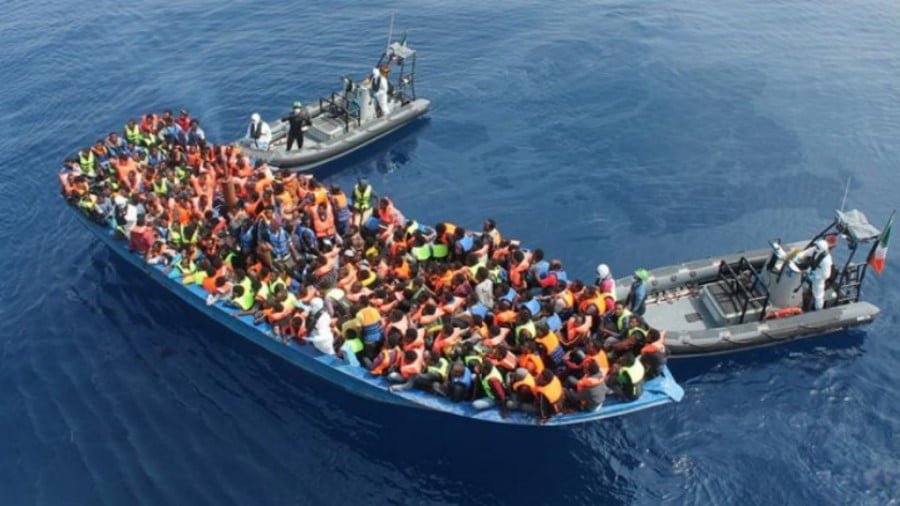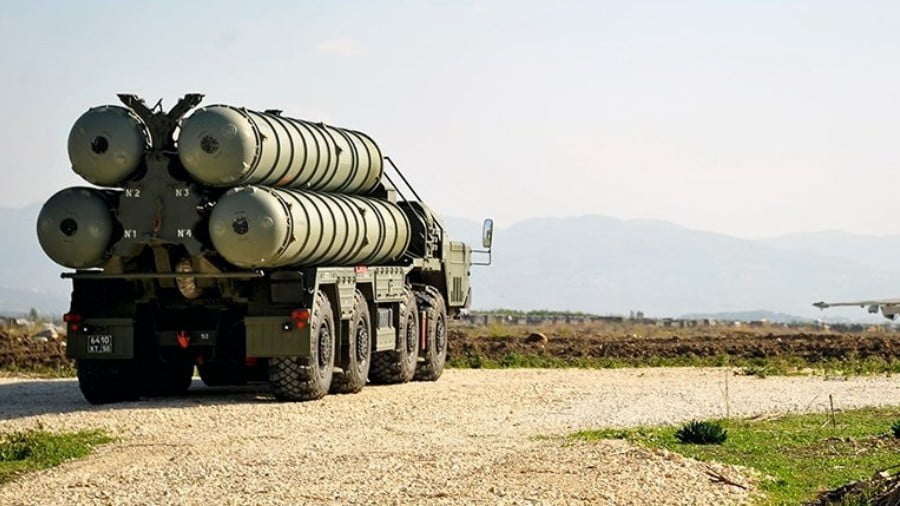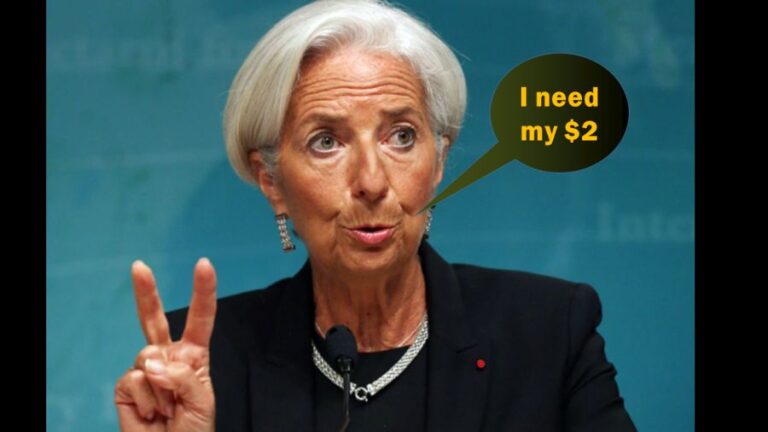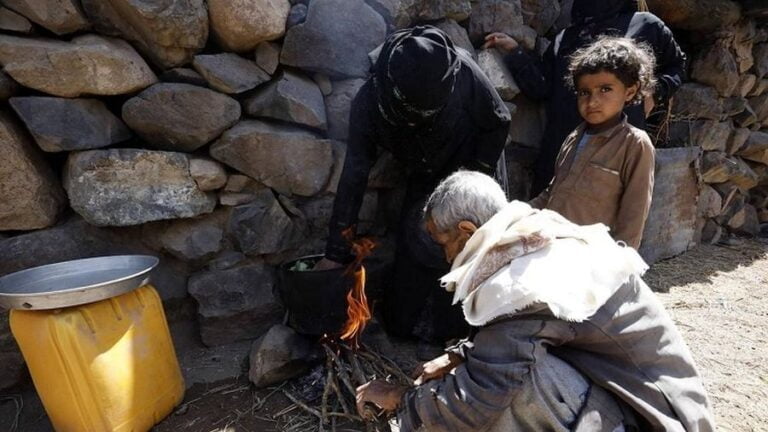Mediterranean Europe Will Continue Dealing with Migrant Crisis Instigated by Germany Despite Alleviation Efforts
The European Union has announced a new immigration and asylum policy based on the so-called solidarity of its members. However, this initiative will once again not receive unanimous support from all 27 member states. Since Germany instigated the migrant crisis five years ago, the EU is still figuring out how to clean up this catastrophic mess that has further crippled frontline Mediterranean EU member states. In 2015, German Chancellor Angela Merkel opened the doors of her country to millions of illegal immigrants coming from not only the Middle East, but also from Africa, economically straining and pushing the resources of frontline states like Greece and Spain beyond their limits. This was despite them already struggling with a severe economic calamity since the 2008 Global Financial Crisis.
Germany, whose employers were delighted to see the arrival of cheap labour, closed its borders when it decided it had received enough migrants and gave no warning to other EU members. Merkel then quickly agreed to gift Turkish President Recep Tayyip Erdoğan €6 billion to close Turkey’s borders with Greece to significantly reduce the entry of illegal immigrants into the EU.
The subsequent distribution of immigrants became a major issue, especially as the Visegrad Group – Hungary, Poland, Czechia and Slovakia – refused to take any of the hundreds of thousands of illegal immigrants stuck in Greece and other Mediterranean EU countries. Other countries just wanted to receive a handful of the migrants stuck in Mediterranean Europe.
Today, German politician Ursula Von der Leyen from Merkel’s Christian Democratic Union (CDU), is the president of the European Commission. She intends to present a new mechanism. In EU technocratic jargon she described the mechanism as “a new governance of migration.” Currently, illegal immigrants who arrive on European territory are obliged to register in the first country they arrive in. Naturally, the countries most affected by this doctrine have been Greece, Malta, Italy and Spain, but also Portugal and Cyprus to a lesser extent. As an example, an illegal immigrant who entered France through Spain must return to Spain to seek asylum as they cannot do it from France.
Von der Leyen says this doctrine will be replaced by “a strong solidarity mechanism,” but is refusing to specify further details until the official presentation of the plan later this week. However, Mediterranean Europe is naturally suspicious there will be no meaningful changes after Germany left these countries to deal with a crisis it created to get a rapid influx of cheap labour. The Turkish-German pact has been manipulated at will by Ankara as it knows that it can exert pressure on the EU by unleashing a migrant crisis, just as it attempted to do again in March of this year when Turkey told tens of thousands of illegal immigrants that the gates to Greece were now open. However, Turkey can also pressure Germany as millions of Turks now live and vote in the European country after initially arriving in the 1950’s and 1960’s to be temporary cheap labour in German industries. What was initially meant to be temporary workers in German industries turned into a thriving community now numbering millions of individuals today, many of whom act as a fifth column to serve Erdoğan’s interests in Germany.
The situation on the once peaceful Greek island of Lesvos, where the local people have suffered from a massive spike in vandalism, theft, rape and murder since the migrant crisis began in 2015, is becoming untenable. This is especially apparent since the Moria camp, the main migrant camp on Lesvos, was destroyed in a fire started by Afghan asylum seekers earlier this month. This is what sparked the EU’s latest initiative to deal with the migrant crisis.
In these circumstances, no matter how much pressure is exerted on Central European countries, they will not submit to EU demands that they must accept some the hundreds of thousands of illegal migrants based mostly in Greece, Italy, Spain and Malta. Media in Central European countries suggest that they welcome people from Ukraine, Russia, Georgia and Armenia because of shared cultural and moral affinities, but not from Afghanistan, Pakistan, Congo and Somalia, where most of the illegal immigrants are from.
In fact, earlier this year, former Polish Prime Minister and current Member of the European Parliament, Beata Szydło, said that the members of the Visegrad Group will not endure blackmail on migration issues from the EU. The Visegrad Group believe that mass migration from outside of their cultural sphere will lead to the ghettoisation of many of their towns and cities, just like what happened in many areas of France, Belgium, Sweden and Germany. As the Visagrad Group will likely not adhere to the suggestions that will be made by Von der Leyen later this week, Mediterranean Europe will once again face an inefficient EU that will do little to alleviate the pressures of the migrant crisis launched by Germany’s continuous endeavour to find cheap labour.







